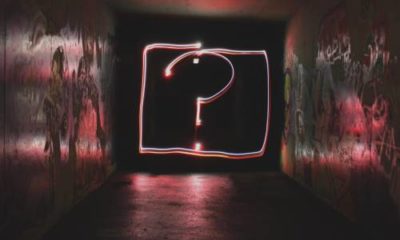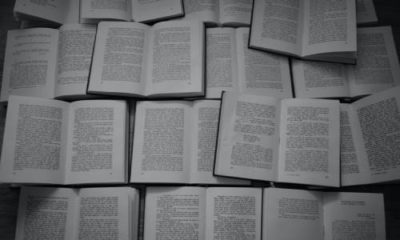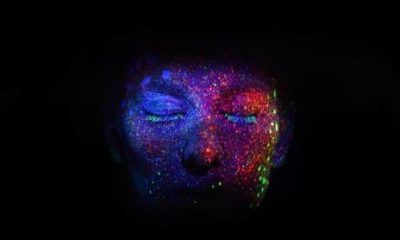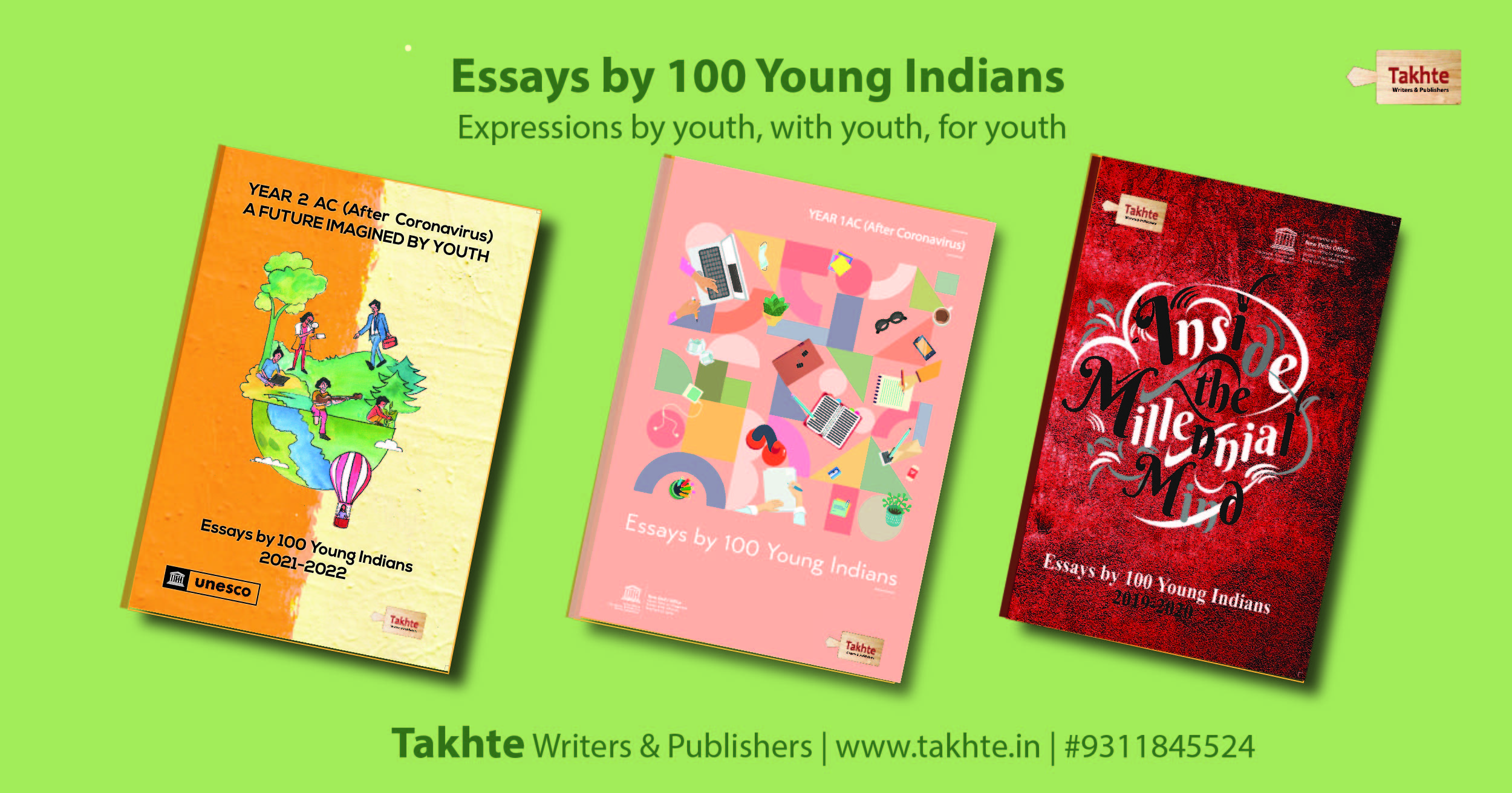Social Dimensions
A war: To Prevail Peace
Riti Kanwar Solanki
Sophia Senior Secondary School, Bikaner, Rajasthan
Spring came, flowers bloomed, autumn came, leaves shed, I took birth and grew up, but a soldier, a father, a husband and a son didn’t come. Who is a soldier? Is he some government employee who is paid for doing his job? How is he different from others? What makes him so unique? Winston Churchill said, ‘A country without soldiers is like god without angels.’
A soldier is not the one who works for money, but he is the only one who works for the country, whose profession risks are not losing a job but losing a life. He is the one because of whom we live in our homes safely even in this pandemic time. In spite his family scared and worried for him he stands at the border protecting the nation like a shield; he is the one who hides his fear, worries and lots of emotions behind a proud smile. And he is also the one who becomes an example of sacrifice and patriotism. A soldier is never on holiday; he has to work in festive, pandemic, joys, sorrows, ups and downs, and yet his chest stretches with pride and blood still flushes up whenever he listens to the national anthem; whenever he listens to stories of bravery of our freedom fighters. He is the one who takes part in wars but does that mean that we as a nation can rage wars against others around any time?
War- mother of all rivalries, the cauldron of emotions, insecurities, jealousies and power play, which, over the years we have learnt is never a solution to anything. India, being a powerful nation, has the real power to win any war with its never-ending troop of soldiers filled with ideals of patriotism and sacrifice. So, the real question is-
‘Is the war required?’
No, our idols who even gave away their lives for the country, never taught us to raise hands for war but peace and harmony. So, practically there is no purpose of action except for exhibiting or showing off the weapon power to other countries. A country’s prosperity is measured by the number of healthy soldiers in the country but, the arising tensions between India and China creates a threat to country’s health by staking soldiers and citizens life.
‘The tragedy of a war is that it uses the man’s best to do man’s worst.’ said Leo Tolstoy. Our soldiers and their family members sacrifice the worldly pleasures for protection of the nation by doing what we (the nation) want from them but do we know what they want? No. A soldier is that epitome of the peace, which has to use violence to bring about change; a soldier doesn’t support the power that takes place in the name of war. He puts forward mother India in front of his biological mother, he chooses millions of sons/daughters of the nation to his child, and he is also the one who keeps alive the husbands of many wives even though his wife becomes a widow.
We as citizens can’t do much for them but give them the respect and love they deserve; appreciate them for their sacrifice and motivation and tell them that they aren’t alone yet the whole country stands with him. Even I want to thank and enjoy all the soldiers whom I can never repay what they have done for us because –
‘Our flag does not fly because the wind moves it
It flies with the last breath of each soldier who died protecting it.’
We are all stuck in this world pandemic, our country has already faced enough loss and is pushed five years back, but this war might take us ten years behind. Let us together protect the ones who protect us cause when we realize the importance of peace that is when we can move towards our nation’s recovery purposes and take India to greater and greater heights of success.
Spring came, flowers bloomed, autumn came, leaves shed, I took birth and grew up, but a soldier, a father, a husband, and a son didn’t come. Who is a soldier? Is he some government employee who is paid for doing his job? How is he different from others? What makes him so unique? Winston Churchill said, ‘A country without soldiers is like god without angels.’
A soldier is not the one who works for money, but actually, he is the only one who works for the country, whose profession risks are not losing a job but losing a life. He is the one because of whom we live in our homes safely even in this pandemic time. Despite his family scared and worried for him, he stands at the border protecting the nation like a shield; he is the one who hides his fear, worries, and lots of emotions behind a proud smile. And he is also the one who becomes an example of sacrifice and patriotism. A soldier is never on holiday; he has to work in festive, pandemic, joys, sorrows, ups and downs, and yet his chest stretches with pride and blood still flushes up whenever he listens to the national anthem; whenever he listens to stories of bravery of our freedom fighters. He is the one who takes part in wars but does that mean that we as a nation can rage wars against others around any time?
War- mother of all rivalries, the cauldron of emotions, insecurities, jealousies, and power play, which we have learned over the years is never a solution to anything. Being a mighty nation, India has the real power to win any war with its never-ending troop of soldiers filled with patriotism and sacrifice ideals. So, the real question is-
‘Is the war required?’
No, our idols who even gave away their lives for the country never taught us to raise hands for war but peace and harmony. So, practically there is no purpose of war except for exhibiting or showing off the weapon power to other countries. A country’s prosperity is measured by the no. of healthy soldiers in the country. Still, India and China’s rising tensions create a threat to the country’s health by staking soldiers and citizens’ lives.
‘The tragedy of a war is that it uses the man’s best to do man’s worst.’ said Leo Tolstoy. Our soldiers and their family members sacrifice worldly pleasures for the nation’s protection by doing what we (the nation) want from them but do we know what they want? No. A soldier is that epitome of peace who has to use violence to bring about change; a soldier doesn’t support the violence that takes place in name of war. He puts forward his mother, India, in front of his biological mother. He chooses millions of sons/daughters of the nation for his child. He is also the one who keeps alive the husbands of many wives even though his wife becomes a widow.
We as citizens can’t do much for them but give them the respect and love they deserve; appreciate them for their sacrifice and motivation, and tell them that they aren’t alone, yet the whole country stands with him. Even I want to thank and appreciate all the soldiers whom I can never repay what they have done for us because –
‘Our flag does not fly because the wind moves it.
It flies with the last breath of each soldier who died protecting it.’
We are all stuck in this world pandemic, our country has already faced enough loss and is pushed five years back, but this war might take us ten years behind. Let us together protect the ones who protect us cause when we realize the importance of peace. That is when we can move towards our nation’s recovery purposes and take India to greater and greater heights of success.

Social Dimensions
#NoMore50

“An animal’s eyes have the power to speak a great language.” – Martin Buber
Yes, they do. But, how many of us listen? It is easy for some of us to harm animals, thinking they lack the intelligence to understand or feel pain. To make it worse, many of us ignore animal suffering entirely because we are unsure how to help. So, unfortunately, knowingly or unknowingly, we end up empowering the abusers.
While there are penalties and punishments for animal cruelty, they are challenging to invoke and even for the most heinous form of animal abuse, the penalty is a measly INR 50. However, there are other consequences for abusers, such as a permanent criminal record and a history of their crime that follows them everywhere in Digital India, the fact that most offences amounting to cruelty under the Prevention of Cruelty Act 1960 are not cognizable (other than animal fights, shooting animals & injecting harmful chemicals), which prevents the law enforcement agencies from taking immediate action. Additionally, even after conviction, the offenders are let off by paying a penalty of Rs 50, the penalty prescribed under the Prevention of Cruelty to Animals Act, 1960. The penalties under this Act, which start from Rs 10 to Rs 50 for a first-time offender and Rs 100 for a repeat offender, have not been revised in the past 60 years and have long since become ineffective in deterring animal cruelty.
In a bid to change this and to strengthen the #NoMore50 campaign, Astitva Animal Rights Enforcement and Voice of Views (VOV), the online publishing platform of Takhte Writers & Publishers, commences #NoMore50 Photo Story campaign for raising voice for having stronger laws that do not allow perpetrators of crimes against animals to get away with a fine of merely Rs 50.
Kindness, compassion, and empathy are essential values and can help young people fight for animals. We need to help them in finding their voices so that animal abuse is made a cognizable offence punishable with stringent laws, and to do just that, through our campaign, we aim to sensitize young minds towards what animals go through and provide them with a platform to step up and raise their voice for those who cannot speak for themselves.
We invite you to share a photo story about coexistence with animals as part of the campaign.
Contest on: 24 December 2021 – 23 January 2022
Open to: Young Minds aged 11-24 across India
Terms & Conditions: Photo should be original/ unpublished and self-clicked (high res); supported with an intriguing story of 30-40 words. Please note the organisers’ reserve the right to use photo-story in their future works.
Attractions:
- Three winners will receive books worth Rs2500/- from Takhte Writers & Publishers on the decision of the jury
- 20 best stories will receive an Appreciation E-Certificate
- Winning photo stories will be published on VOV and promoted on social media handles of the organisers
Email entries to – nomore50contest@gmail.com
Social Dimensions
Breaching the Gabba fortress: The acid test of unity
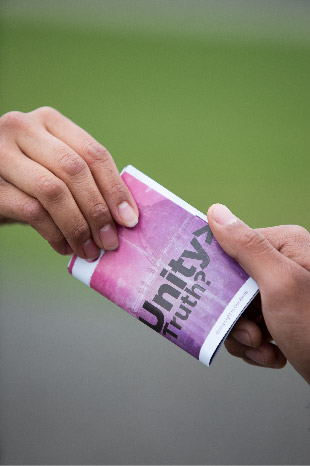
Apurav Anurag
National Institute of Fashion Technology, Patna
When spiders unite, they can tie down a lion. -Ethiopian Proverb
The historic victory of the Indian cricket team in Australia is the perfect example of the proverb above. No one would have thought that after being bowled out to their lowest score of 36 in their very first match, India would bounce back so strongly. No one had anticipated that the injury-laden Indian team would give such a strong response to Australian pacers’ lethal bowling attack in the absence of Virat Kohli and other key players. But the Indian cricket team not only silenced all the “mocking birds”, but also created history. They beat Australia in Gabba in the final match where they were unbeaten for the last 32 years and won the series 2-1! The golden secret behind their stellar performance was nothing but their “unity”. They played as a unit.
The victory has a great lesson for us. We are blessed to be born in the country which has tremendous diversity. Our unity in diversity not only makes us culturally rich but is also our greatest strength. Unfortunately, today most of us are divided into the caste and religion lines. Newspapers are full of articles about the atrocities carried in the name of caste and religion. This has resulted in the growth of extremism, regionalism, and a plethora of other social problems. As a result, it is hindering our progress as well as ruining our rich cultural legacies.
The sepoy mutiny of 1857 had shaken the foundation of the British rule. This was mainly possible due to the great unity of Hindus and Muslim community. The British knew that their rule would not last long unless they followed the “divide and rule” policy. Our forefathers had realized our strength as a union. This is why India was described as “indestructible union of states” in our constitution, unlike the United States of America. In other words, India has a reliable centre as none of the states in India has the right to secede from it under any circumstances. Many political pundits had mocked India’s formation then and even termed it as a failed experiment of history! But we proved them wrong. There were initial demands for autonomy and formation of states on linguistic lines, but it never hampered our national unity and integrity.
There was a time when we relied on different nations for food grains, but today, we feed the world and provide lifesaving drugs. The “operation sanjeevani” during the pandemic is the testament of it. This would have never been possible without our unity.
Our society is fundamentally inclusive and peaceful. India has given shelter to persecuted minorities throughout history. For instance, when the Jews faced the holocaust, many took refuge in India and were absorbed. Similarly, the extremist ideology does not last long in India and usually have a smaller social base. The radical left ideology in the form of Naxalism has largely waned out today. Also, the terrorist activity in Kashmir has begun to decline. It’s high time for us to cherish our diversity. The Gabba fortress’s breach should not be solely remembered as a record-breaking event but also as an acid test of unity.
Social Dimensions
Stronger Together and a New World of Us: Solidarity
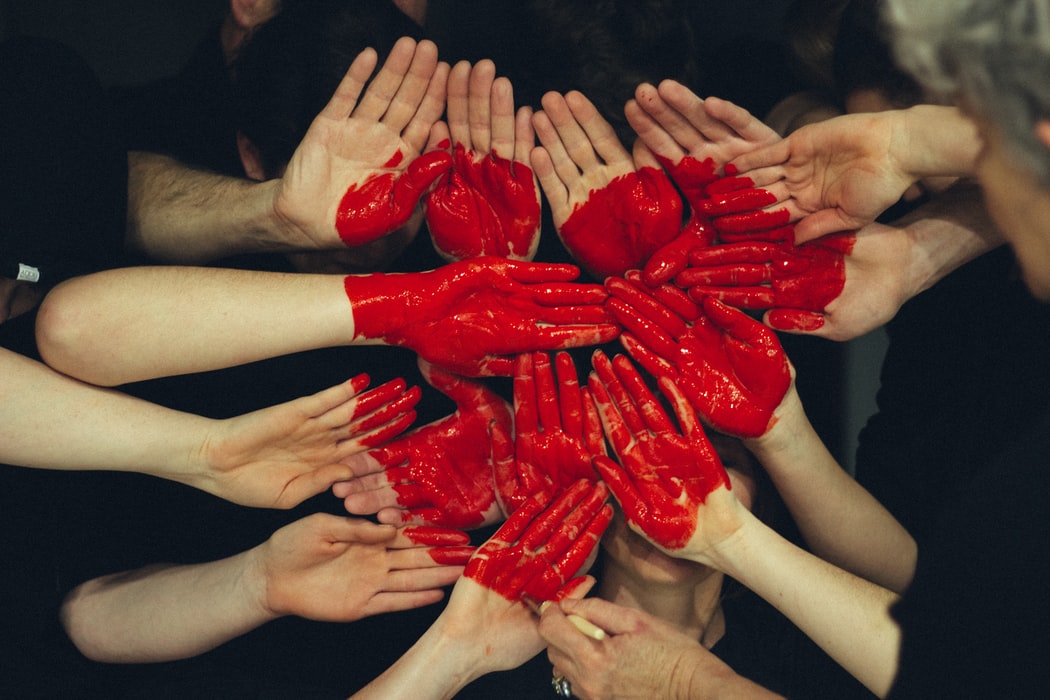
Raabia Ali Abidi
Amity International School, Saket, New Delhi
“The first step in the evolution of ethics is a sense of solidarity with other human beings.”
Solidarity refers to the tie that binds human beings to each other. Solidarity is not only a phrase but a feeling from the heart and realisation. I feel that it is the need for survival and existence. The purpose of solidarity is to build our movement and to embody our mutual care and concern for justice. It is best depicted when we respect each other’s differing needs and lifestyle, understand and coordinate our responses in the same way.
Solidarity has always been a very widely discussed topic, but no one never really understood its real deep meaning. It helps mankind to become successful at a faster rate. It also brings integration and sense of humility on to societies as individuals will assist each other in different situations. Well, sooner or later we all understood the meaning of solidarity right now, during the coronavirus pandemic. As the world is getting impacted by the pandemic, everyone started to help each other. Distant friends and relatives reconnected, neighbours have begun to help each other, and the world has started to stand together in the fight against the pandemic. All of us have started to show solidarity and are standing together.
From the WHO to government leaders, the expression of being stronger has started to appear to be an excellent response to the crisis? As we begin to navigate this new terrain of life when everything is so uncertain, I am sure that we must all work together to win this battle as it is crystal clear that strength lies in accordance and indeed unity is our strength.
Sympathy and humble actions make us all a string of solidarity. When one cord strikes, all others come together and become stronger with unity, unanimity and cooperation.
International solidarity is not an act of charity; it is an act of unity between allies fighting different terrain towards the same objective. The foremost of these objects is to aid the development of humanity to the highest level possible. It is each of our basic needs, duty and the purpose for the art of right living by understanding the state of our soul with compassion, liberty and solidarity within to protect the dignity of our divine life and living as a means for keeping us united so that we become stronger together.
“Every human being has been called to solidarity in a world battling between life and death”. Unfortunately, many people worldwide are giving birth to racism and prejudice even in the wake of a pandemic. Racism and prejudice are not new; the only difference now is that it is getting documented. Even during a pandemic, we see many cases of racism, prejudice and discrimination against a particular caste or community. On the other hand, in a brighter perspective, we have also noticed that India has only become independent because of our ancestors who stood against discrimination, racism and prejudice in solidarity. They conveyed that we are stronger together and unity in diversity is the best possible way to fight such pandemics and problems. They even told us that “United we stand divided we fall” and we all should agree with this motto and implement it in our lives. I want to conclude with the thought- “We don’t need unity, in theory, we need solidarity in practice”.
-
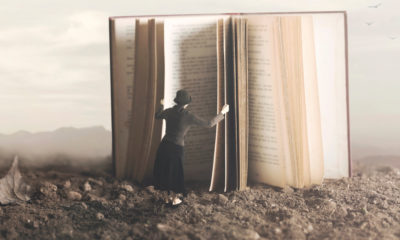
 Poems3 years ago
Poems3 years agoPoems
-

 Uncategorized2 years ago
Uncategorized2 years agoOnline Elocution Contest
-
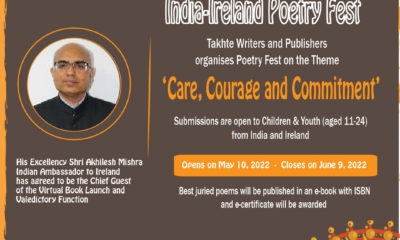
 Poems2 years ago
Poems2 years agoIndia-Ireland Poetry Fest
-
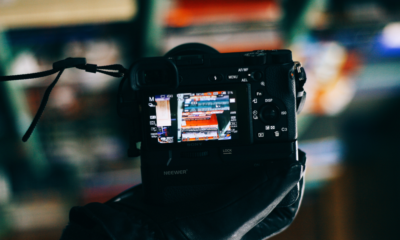
 Legal Talks3 years ago
Legal Talks3 years agoCompliances Relating to the Commercialization of Electronic Devices
-
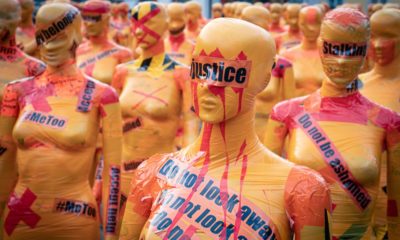
 Legal Talks3 years ago
Legal Talks3 years agoCUSTODIAL RAPE IN LIGHT OF THE MATHURA GANG RAPE CASE
-
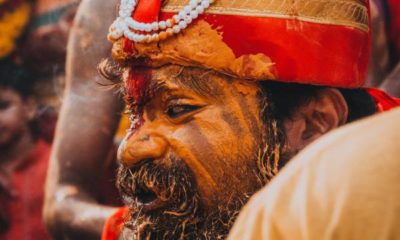
 Art & Culture3 years ago
Art & Culture3 years agoThe Lore of the Days of Yore: Significance of History
-
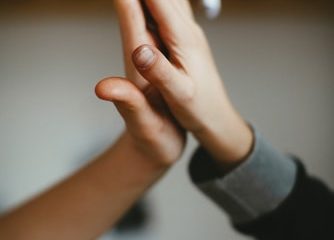
 Short-story3 years ago
Short-story3 years agoBibek’s visit at his friend’s bungalow
-
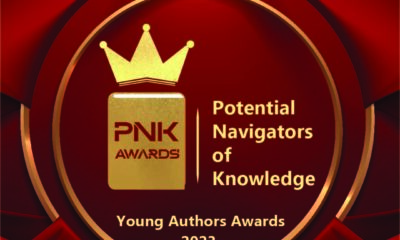
 Uncategorized1 year ago
Uncategorized1 year agoPotential Navigators of Knowledge (PNK) Young Authors Awards





